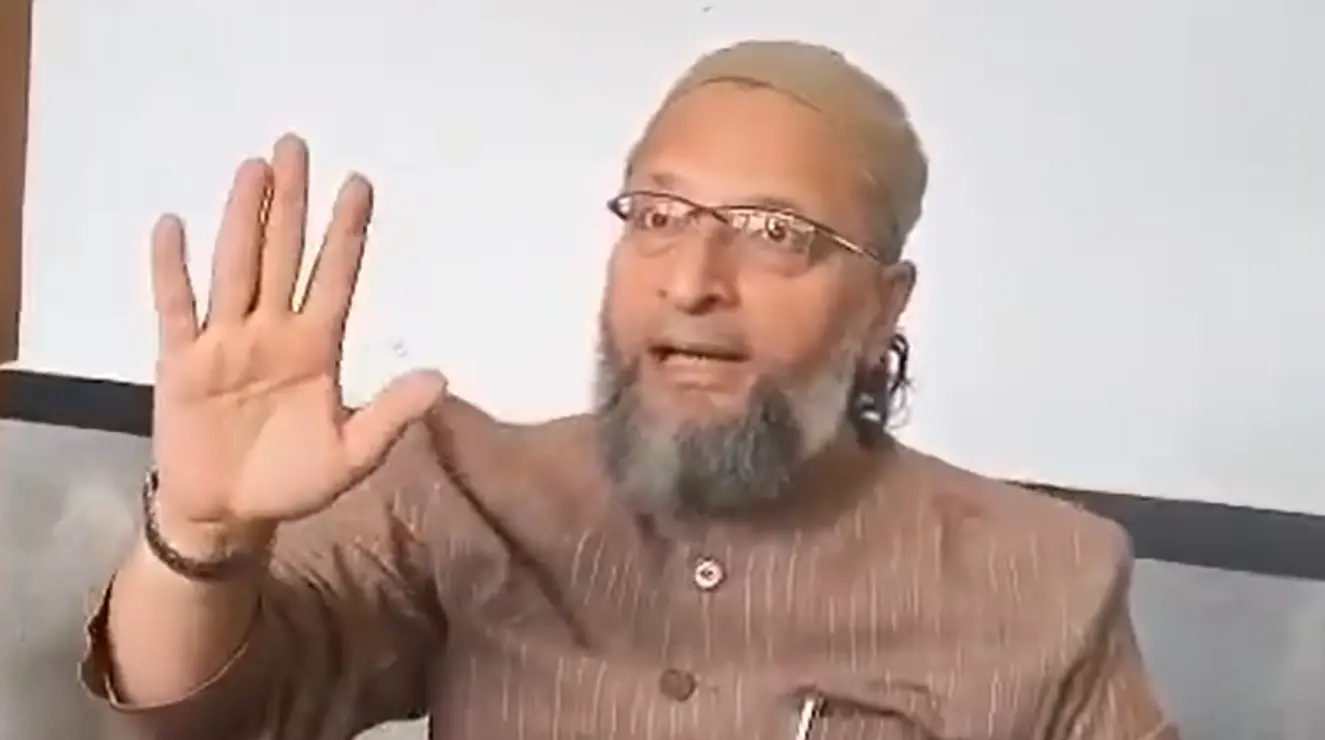
When Leadership Falters: Owaisi’s Bold Take on Pahalgam Response
Owaisi Speaks Out: What India Missed After Pahalgam Attack
Published on:
Author: Rapido Updates
Owaisi’s Firm Stand: “I Focus on Reality”
Owaisi Pahalgam Response – During a press conference in Pune, AIMIM chief Asaduddin Owaisi was asked a provocative question: “What would you have done if you were Prime Minister during the Pahalgam terror attack?” His response was clear and grounded. “I’m not interested in dreaming about these things. I focus on reality and understand my limits,” he said.
Owaisi emphasized that his goal is not to become Prime Minister or chase power, but to serve the people and uphold democratic values. He dismissed hypothetical scenarios and instead turned the spotlight on the actual decisions made by the government after the attack.
Missed Opportunity: A Stronger Response to Pakistan?
Owaisi criticized the Indian government for halting military action after the Pahalgam attack. He stated that the nation was emotionally and strategically prepared to respond firmly to Pakistan. “Such opportunities do not come again, but the government lost the chance,” he remarked.
He referred to Operation Sindoor, which was launched after terrorists killed 26 people near Pahalgam on 22 April 2025. Although India struck terrorist hideouts and airport targets in Pakistan, the operation was paused. Owaisi questioned why the government stopped short of a full response, especially when drones from Pakistan were reportedly flying over Indian borders from Gujarat to Kashmir.
National Sentiment and Strategic Timing
Owaisi’s comments reflect a broader concern about aligning military strategy with national sentiment. He argued that the mood of the country was ready for a decisive move, and the government’s hesitation sent mixed signals. “Now, you sit in Parliament and talk about gaining PoK,” he said, suggesting that bold action should match bold rhetoric.
His remarks also highlight the importance of timing in geopolitical decisions. According to Owaisi, the window for a strong reply was open, but it closed due to indecision. This critique adds to ongoing debates about India’s foreign policy and defense posture.
Beyond Borders: Owaisi’s Broader Political Message
While addressing the Pahalgam issue, Owaisi also touched on India’s approach to Pakistan during the Asia Cup cricket tournament. He questioned the logic of sporting engagement amid rising tensions. His stance reflects a call for consistency in policy—whether in diplomacy, defense, or public messaging.
Owaisi announced that AIMIM will contest upcoming civic elections in Maharashtra, signaling his party’s intent to expand its footprint. His focus remains on pluralism, grassroots engagement, and challenging the status quo through democratic means.
Conclusion: A Voice That Challenges the Narrative
Asaduddin Owaisi’s response to the Pahalgam question was not just a political statement—it was a reflection of his philosophy. He chose not to indulge in hypotheticals but instead offered a critique rooted in national interest and strategic foresight. His words remind us that leadership is not just about power, but about timing, courage, and clarity.
Whether one agrees with his views or not, Owaisi’s voice adds depth to India’s political discourse. His insistence on reality over speculation, and action over rhetoric, challenges both the government and the public to think critically about national security and democratic accountability.